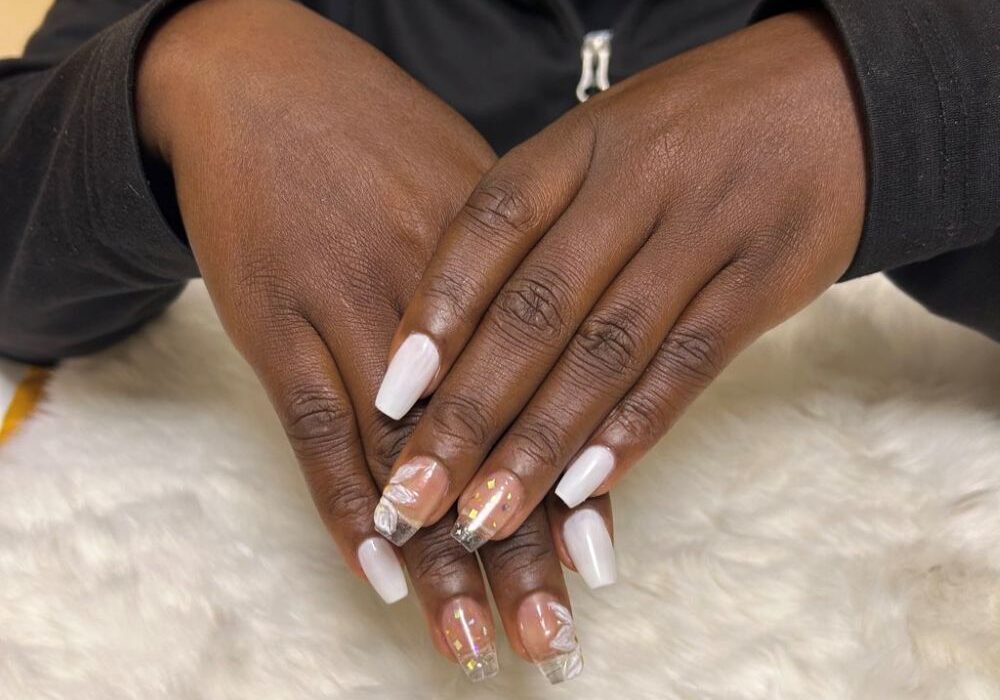Nairobi has many budget-friendly nail salons. They are affordable but may harm your health. Poor hygiene in these salons can cause serious infections.
Bacterial infections are common. Shared, unsterilized tools like clippers and cuticle pushers spread bacteria. They can cause green nail syndrome, which discolors nails. Many downtown salons lack running water. Clients’ hands and feet often remain unwashed. Tools pass from one dusty or muddy foot to another hand. The strong smell of acetone hides the risk.
Doctors report more cases of painful ingrown toenails. These often bring pus, bleeding, and foul odor. Dr. Mark Siboe, a general and laparoscopic surgeon, says tetanus cases, though rare, come from contaminated tools. “The risk comes not from rust itself but from Clostridium tetani spores, usually in soil and dust,” he explains.
Ingrown toenails happen when a nail edge grows into the skin. They cause pain, swelling, and infection. The big toe suffers most because it bears the most pressure during walking. Improper nail trimming, tight shoes, repeated trauma, excessive sweating, thick or curved nails, and family history increase risk. Teenagers, athletes, and people with diabetes or poor circulation are more vulnerable.
Prevention starts at home and in salons. Avoid tight or pointed shoes. Wear breathable socks and shoes with a wide toe box. Salons should sterilize instruments. They must disinfect foot baths between clients, use gloves, and follow proper hand hygiene. Avoid aggressive digging of nails.
If you suspect a salon-related infection, see a doctor immediately. Do not drain pus yourself. Prompt treatment prevents complications.
Affordable nail services can be convenient. But hygiene must come first. Paying attention to safety protects your health and ensures beauty does not come at a painful cost.
Also read: KDF launches 2025 recruitment amid Nairobi MPs Court battle



